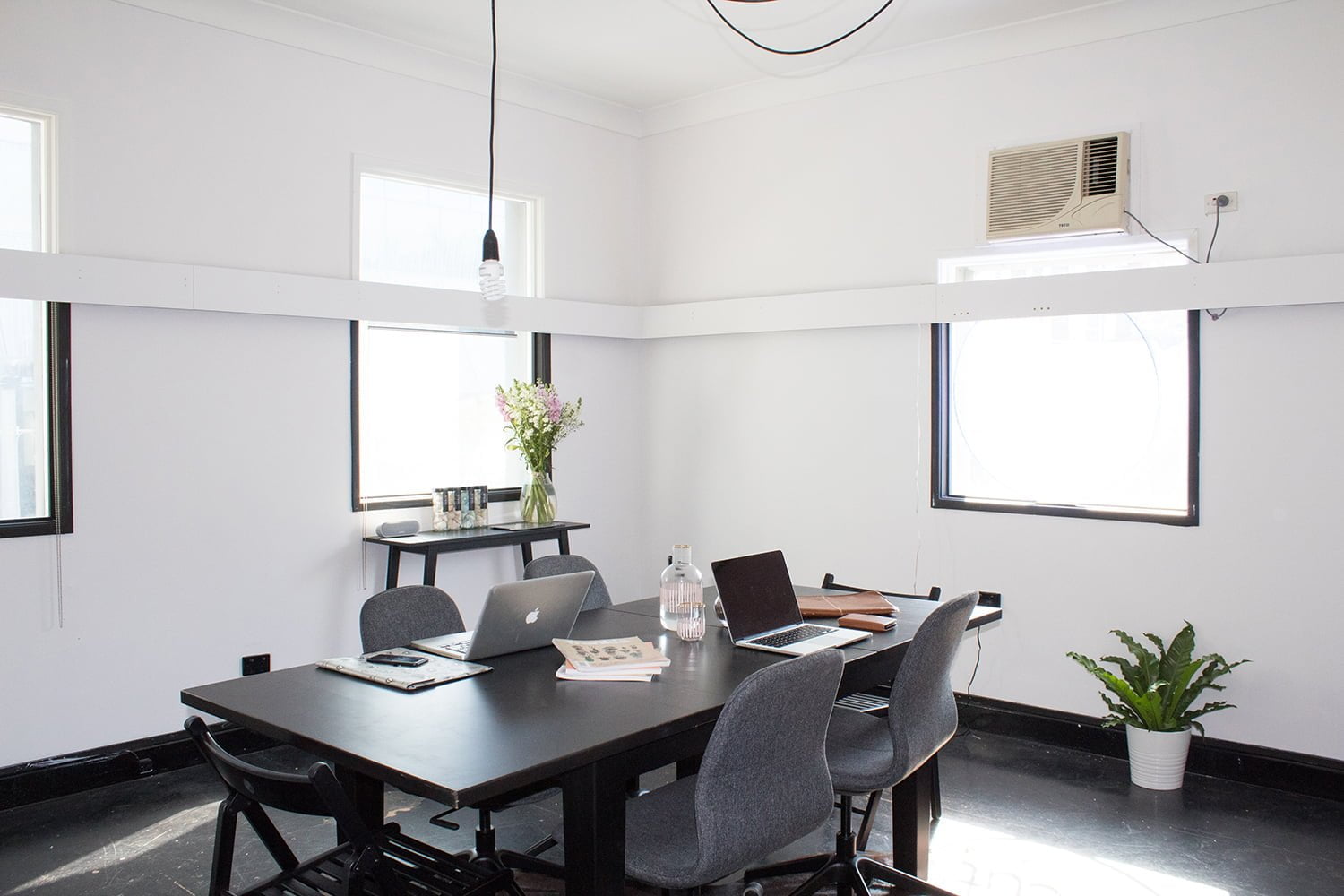Most relocation packages focus on giving employees higher salaries, bigger allowances, and other monetary perks designed to get employees interested to move to and work in another country.
Although these elements will definitely pique the interest of most employees, many of them still have other matters to think about, particularly if they have families.
Employees who are offered the chance to relocate abroad will go through the stressful and emotionally laden experience of uprooting their family, leaving behind their loved ones, and moving to a new country.
With this in mind, employees with families given a chance to take up a position overseas may need more than just financial assistance.
Giving Expat Families a Lending Hand
If you have employees moving abroad, a provider of relocation services in Singapore shares below six steps you can take to help their families make a smooth transition:
1. Include your employee’s family in key discussions.
The needs of an employed family man differ from those of a single employee.
Consequently, the needs of one family can vary from those of another.
If you want to be more proactive in supporting your employees’ families during an overseas international relocation, you must consider the members’ specific concerns and needs.
It is, therefore, crucial to know about the needs of your employee’s family. Take the time to schedule at least one meeting with them to find out their concerns and expectations.
Use the information you get to customise your relocation package, moving timeline, and services you want to provide to the employee’s family.
2. Double-check your relocation package.
Sufficient financial support is crucial in ensuring your employees’ and their families’ smooth transition.
If you already have a relocation package, you need to review it to ensure it can also support some of the crucial needs of your employee’s spouse or family based on your discussions.
For instance, if visa processing for the employee’s family is not included in the relocation package, find out if your company can cover it. Also, check if you can provide financial assistance to help the spouse look for a new job.
Additionally, find out if you can include educational support for the children. If this is not feasible, figure out which fees you can cover in the short term.
Extending financial support to your employee’s family can make the entire relocation process less stressful and more pleasant for them.
3. Create a moving timetable that works for the family.
A moving schedule can help individual and group relocations go smoothly and become less chaotic. As such, help your employee and their family to create one.
Work with your employee and their family to create a moving timeline that they can follow.
Ideally, everyone should start planning at least six months before their target departure.
This timetable should cover all processes involved in an international move, including sorting their belongings, packing, cancelling utility services, and obtaining all documents from their children’s schools to formalise the transfer.
Make sure you work with your employee and their family to create realistic timelines they can stick with.
Also, consider providing additional assistance to ensure your employee and their families follow the timetable. Offer to help with packing or enlist the services of relocation companies in Mumbai that can take care of this process.
4. Have the employees join the pre-departure training.
If you only provide pre-departure training to your employees, it’s time to change this strategy and include their families in this vital part of the pre-move process.
To ensure families benefit from this program, include the following topics:
- Area orientation
- Information and tips on living in their new environment
- Selecting schools for children
- Managing culture shock
- Tips for socialising in a foreign setting
- Career opportunities for the employee’s spouse
During the orientation, encourage the participants to ask questions and voice their concerns so that an expert can address them properly.
The best expatriate programs extend their pre-departure orientation to the employees’ families. Because of this, expand the scope of this service.
5. Help families look for a good school for the children.
The unhampered education of their children is the top concern of families when they move abroad.
When parents are not sure they can find a good school for their children, they will have a major issue to worry about, and a massive hurdle to overcome.
Regardless of which stage of the move your employee and their family are in, provide school search service for their children. Look for ones near their home if they already have one.
Also, provide your employee with as much information as possible about the schools to help them make the right decision.
6. Provide healthcare assistance to families.
To ensure everyone relocating is in good health, offer a medical assessment for the international staff and their families before their departure, and also annually throughout their assignment.
Doing so ensures any medical issues are identified quickly and can be managed or prevented from worsening.
Also, ensure your employee and their family have access to healthcare in their new home. They should have comprehensive coverage so that they won’t have to worry about anything when they need medical assistance.
Although an international assignment holds plenty of promises to an employee, it can be full of challenges, too. Follow these steps and you can help your staff and their family experience a stress-free and successful move to any country.
Get more tips for a successful international relocation on our Blog page.










